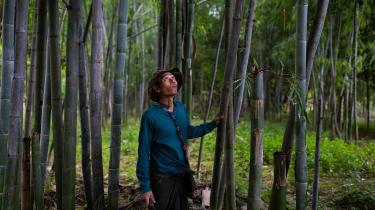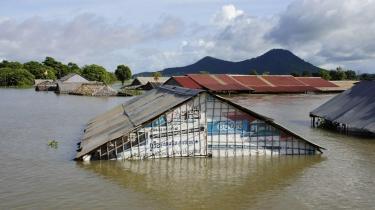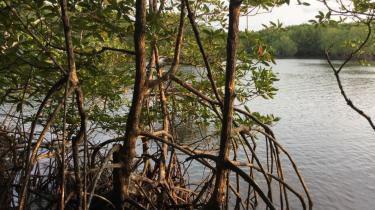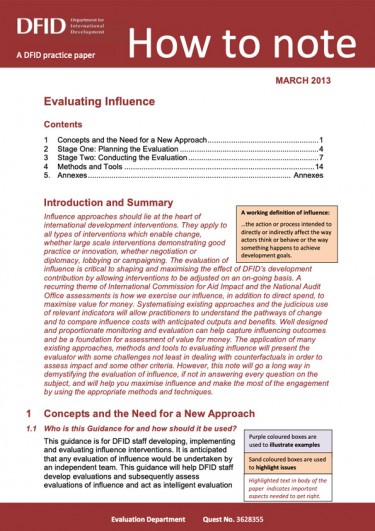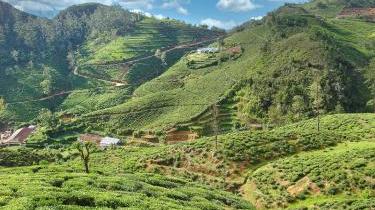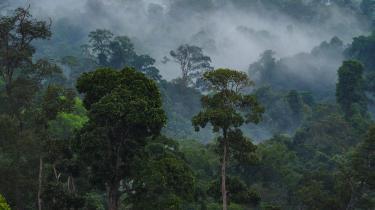Forest-dependent communities in the Mekong region are the first to suffer from forest loss and degradation – yet are often excluded from the decision-making processes that affect them most. Since 2017, the Voices for Mekong Forests project has been tackling the barriers to participation that these communities face, working at regional, national and landscape levels. Half-way through the project, a Triple Line team reviewed its performance and achievements to date, and set out some clear recommendations for the project’s future direction – that other multi-country governance projects more widely could also learn from.
Forests in the Mekong region are under constant pressure from a variety of sources, due to governance and institutional shortfalls and market failures. Decisions on the fate of forests in the Mekong region are made in the absence of good information, with inadequate transparency and accountability. Confusion about ownership abounds, with overlapping land allocation rulings by different authorities who have different goals and different levels of political influence.
Frequently it is the closest communities (who are often poor and marginalised) that are the first to suffer from loss and degradation of forests, and from the conflicts and corruption associated with weak forest governance. Forest-dependent communities, whose lives are fundamentally linked to their ability to sustainably restore and manage natural forests and plantations, face numerous obstacles, including weak rights, regulatory barriers, lack of financial and human resources, and even intimidation and abuse.
In the face of these challenges, the EUR5.8 million Voices for Mekong Forests (V4MF) project has been supporting non-state actors (NSAs) in the Mekong region (Cambodia, Lao PDR, Myanmar, Thailand and Vietnam) to strengthen their participation in national forest landscape governance processes and to better represent the rights and interests of forest-dependent communities. Over five years from 2017-21, the project – led by the Bangkok-based Center for People and forests (RECOFTC) – has worked with key policy processes, particularly the Forest Law Enforcement Governance and Trade – Voluntary Partnership Agreements (FLEGT-VPA) and Reducing Emissions from Deforestation and forest Degradation (REDD+), to ensure inclusivity and effective participation of civil society, indigenous peoples and local community groups. This involved the establishment of a Forest Governance Monitoring System (FGMS) to monitor and strengthen forest landscape governance, capacity development for NSAs to assess and monitor forest landscape governance and strengthening NSA ability to respond to policy and governance related challenges and opportunities.
Triple Line’s team brought experience of working with communities and civil society on forest governance together with in-depth knowledge of FLEGT and REDD+ processes
Towards the end of 2019, mid-way through the project, RECOFTC wanted to take stock to assess and understand progress towards achieving expected project results and capitalise on lessons on how the V4MF project could be improved over the second half of implementation. This included assessment of the achievement of project goals, analysis of the relevance of the project’s strategies and intervention logic, the project’s performance on gender mainstreaming, and identification of recommendations for the project’s future direction.Triple Line’s team brought extensive experience of working with communities and civil society on forest governance and sustainable forest management, together with in-depth knowledge and track record of working on FLEGT and REDD+ processes, as well as strong practical and theoretical expertise in developing and implementing monitoring, evaluation and learning of forest governance programmes (such as the UK-funded Forest Governance, Markets and Climate and Forestry Land-use and Governance programmes).
The review was based on a mix of secondary and primary data, with the team carrying out consultations in all five of the project countries. This included extended trips to Myanmar and Thailand to undertake field visits at landscape level and consult with local communities, local authorities and private sector actors. In all we interviewed nearly 150 people from communities, government authorities at national, provincial and district levels and NGOs, as well as the RECOFTC consortium. As part of our analysis, we also revised the project’s theory of change, helping to illustrate the intervention logic more clearly; and analysed the extent to which gender was considered.
We reported the findings of our research back to RECOFTC, based on OECD DAC evaluation criteria of relevance, efficiency, effectiveness and sustainability, as well as performance on gender. Based on these findings, we helped the client understand the strengths and weaknesses of their programming and developed recommendations to help lay the foundations for improvements in the next phase of the programme. Of these, four recommendations stand out as being more broadly applicable to multi-country programmes working at the interface of government and civil society:
- Be strategic about choosing which pathways of influence and change to work through – RECOFTC used power analysis, spheres of influence analysis is another useful method.
- Engage with government at all levels – at local, landscape and national levels – to build government recognition of civil society across multiple dimensions.
- Reflect on the differences in results across countries to better understand the role that context plays in determining success.
- Be bold about integrating gender and inclusion, to demonstrate commitment and build awareness.
The Voices for Mekong Forests (V4MF) project is funded by the European Union. It's content is the sole responsibility of V4MF and does not necessarily reflect the views of the European Union. To find out more about this project and other activities under V4MF, visit the project page.
Credits:
- The first photo is provided by RECOFTC
- The second and third photos are in Cambodia, taken by Mrs You Porny.
